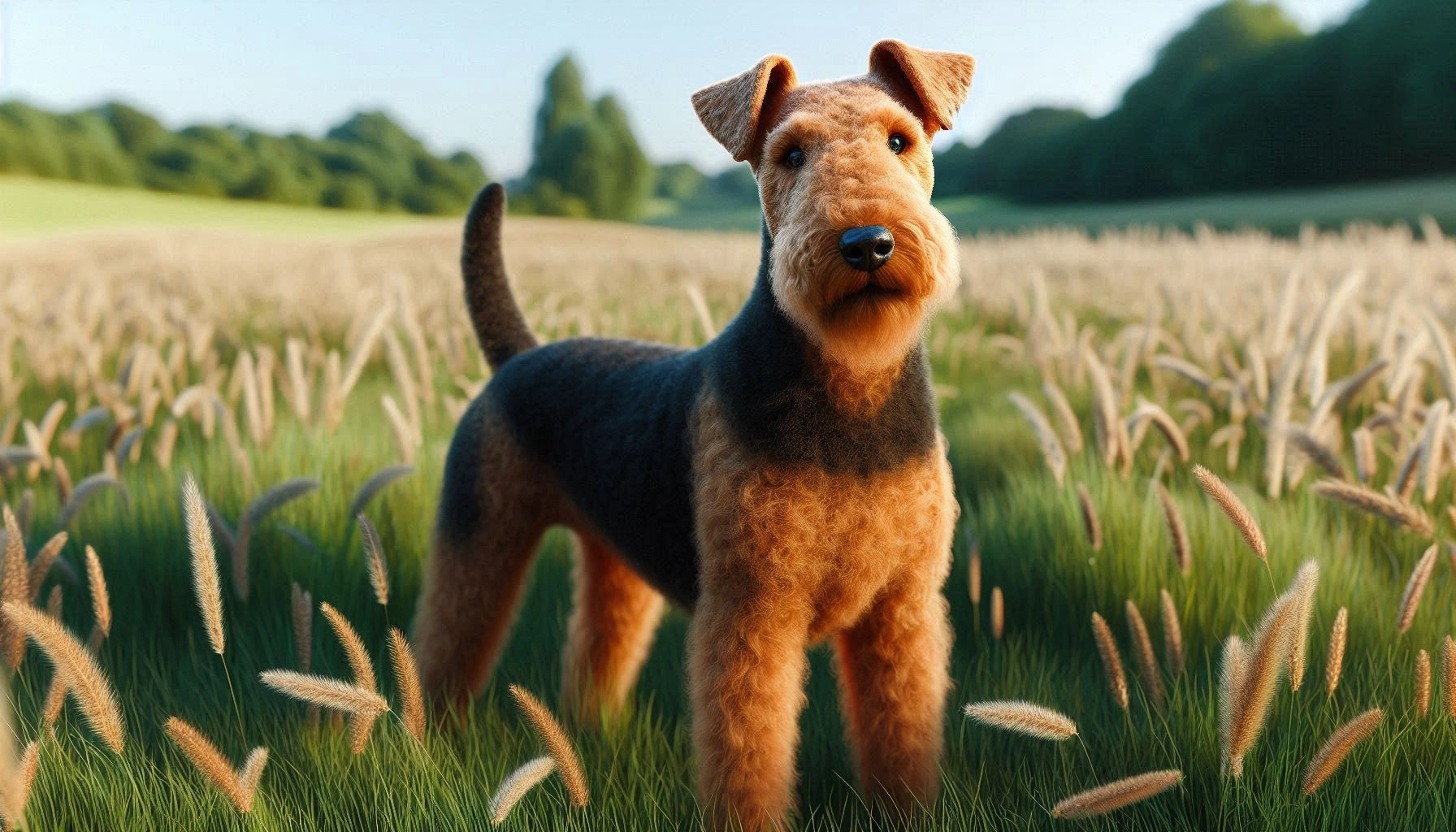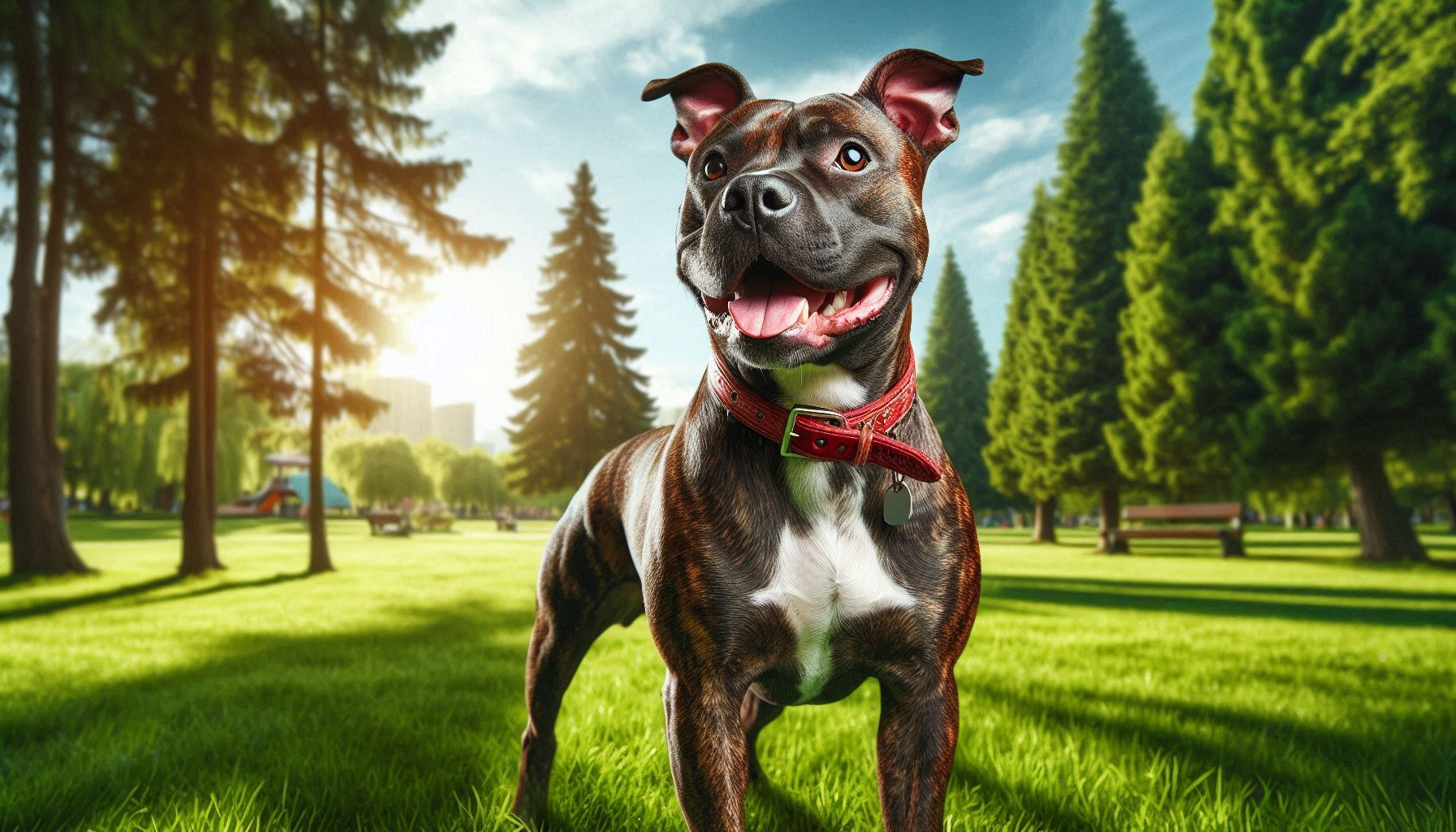Table of Contents
Cocker Spaniel Dog Breed
The Cocker Spaniel is a beloved and versatile breed known for its charming personality and beautiful appearance. This breed has captured the hearts of dog lovers worldwide with its affectionate nature and distinctive long ears. Popular in both show rings and as family pets, Cocker Spaniels are known for their intelligence, agility, and friendly disposition. This article will delve into the breed’s history, physical characteristics, personality, care requirements, common health issues, training tips, diet, and suitability as a pet, providing a comprehensive overview for prospective owners.
Cocker Spaniel Dog History and Origin

Cocker Spaniels trace their roots back to the spaniel breeds of Spain, originally used as hunting dogs. The breed was developed to assist hunters in flushing game from dense cover. In the 19th century, the breed was divided into two categories: American and English Cocker Spaniels, primarily based on differences in size and purpose. The American Cocker Spaniel is slightly smaller and was bred for hunting American woodcock, while the English variant is larger and used for hunting in the British countryside. Both types share a rich history of companionship and work, making them a versatile and cherished breed.
Cocker Spaniel Dog Physical Characteristics

Cocker Spaniels are medium-sized dogs, with a height ranging from 13.5 to 15.5 inches and a weight between 20 to 30 pounds. They are known for their silky, wavy coats, which come in various colors, including black, liver, red, golden, and parti-colors. The breed’s most distinctive features are its expressive eyes and long, floppy ears, which enhance its sweet, soulful expression. Cocker Spaniels have a sturdy, compact build, making them agile and capable of quick movements.
Personality and Temperament
Cocker Spaniels are renowned for their friendly and affectionate nature. They are social dogs that thrive on human companionship and are known to be particularly good with children. Their temperament is generally happy and outgoing, though they can be somewhat sensitive to harsh treatment. This breed is also known for its intelligence and eagerness to please, making them highly trainable. Cocker Spaniels enjoy being active and are well suited for various activities, including agility and obedience training.
Care and Maintenance

Exercise Requirements
Cocker Spaniels require regular exercise to maintain their physical and mental well being. A daily walk, combined with playtime and mental stimulation, is essential for this energetic breed. They also enjoy activities like swimming and fetch, which can help burn off excess energy.
Grooming Needs
The Cocker Spaniel’s coat requires regular grooming to keep it in good condition. Brushing at least three times a week helps prevent matting and keeps the coat shiny. Regular trimming, especially around the ears and paws, is necessary to maintain a neat appearance. It’s also important to clean the ears regularly to prevent infections, as their floppy ears can trap moisture and debris.
General Maintenance
Beyond grooming, Cocker Spaniels need routine care such as nail trimming, dental hygiene, and regular veterinary check-ups. Keeping their nails trimmed prevents discomfort and potential injuries, while dental care helps prevent gum disease and tooth loss.
Health and Common Conditions
Cocker Spaniels are generally healthy, but they are prone to specific health issues. Common conditions include:
- Ear Infections: Due to their long ears, Cocker Spaniels are susceptible to ear infections. Regular cleaning and drying of the ears can help prevent this issue.
- Eye Conditions: They may develop cataracts, glaucoma, and progressive retinal atrophy. Regular eye check-ups are recommended.
- Hip Dysplasia: This is a common issue in many breeds and can be managed with proper diet and exercise.
- Heart Disease: Cocker Spaniels can be prone to heart conditions, including mitral valve disease. Regular veterinary check ups are essential for early detection and management.
Training and Socialization

Cocker Spaniels are intelligent and eager to please, making them relatively easy to train. Early socialization is crucial to ensure they are comfortable around other animals and people. Positive reinforcement methods work best, as they respond well to praise and treats. Basic commands like sit, stay, and come should be introduced early, with more advanced training following as they mature. Socialization and obedience training help prevent behavioral issues and ensure a well-rounded, well behaved pet.
Diet
A balanced diet is essential for the health and well being of Cocker Spaniels. High quality dog food, rich in protein and low in fillers, is recommended. It’s important to monitor their weight, as Cocker Spaniels can be prone to obesity. Feeding should be based on their age, weight, and activity level, with treats given in moderation. Fresh water should always be available.
Suitability as a Pet

Cocker Spaniels are ideal pets for families, singles, and seniors alike. Their affectionate nature makes them great companions for children, while their manageable size makes them suitable for apartment living. They thrive in homes where they can be an integral part of family life. However, they do require regular exercise and grooming, so potential owners should be prepared for this commitment. They are also best suited for homes where they will not be left alone for long periods, as they crave companionship and may develop separation anxiety.
Similar Dogs
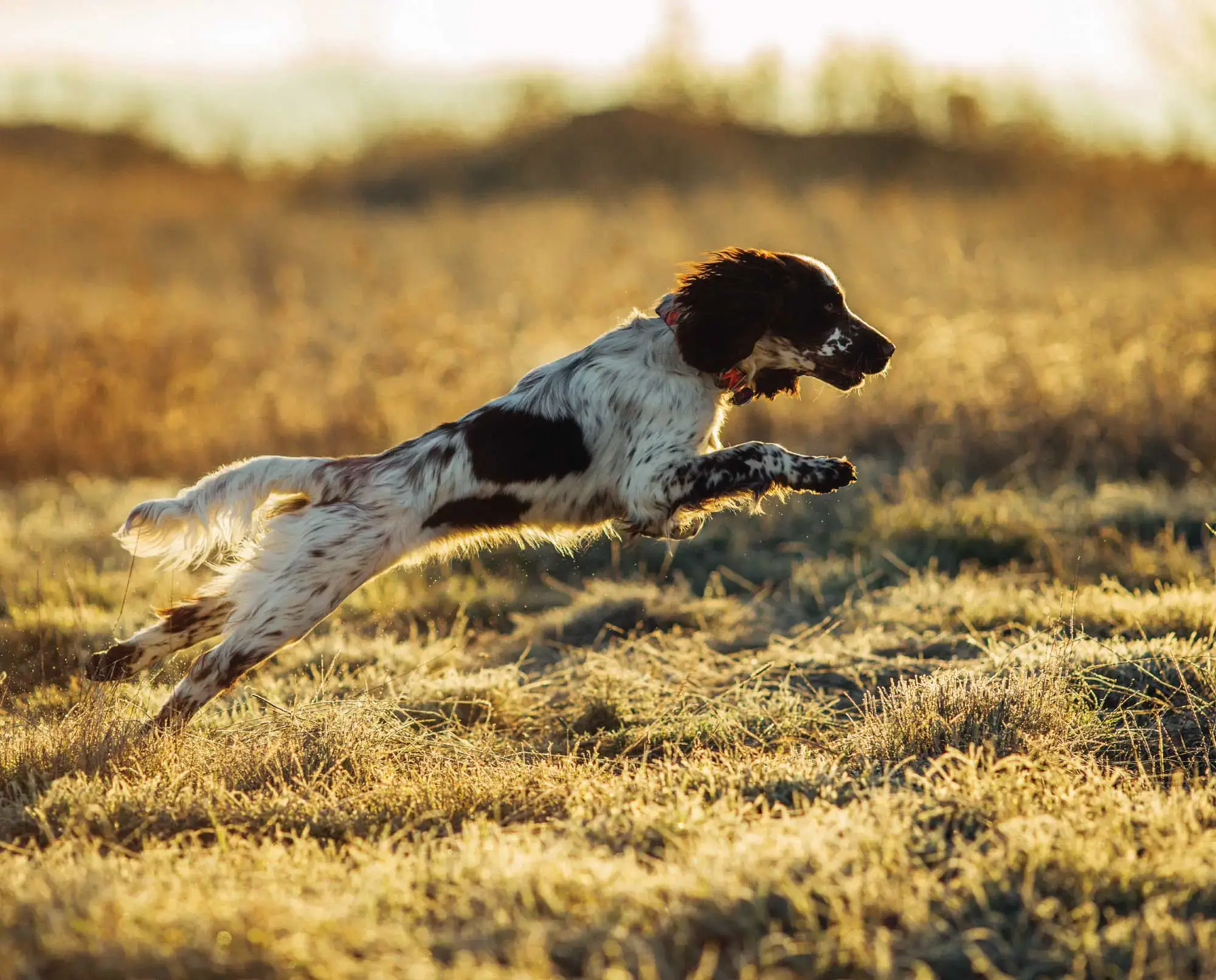
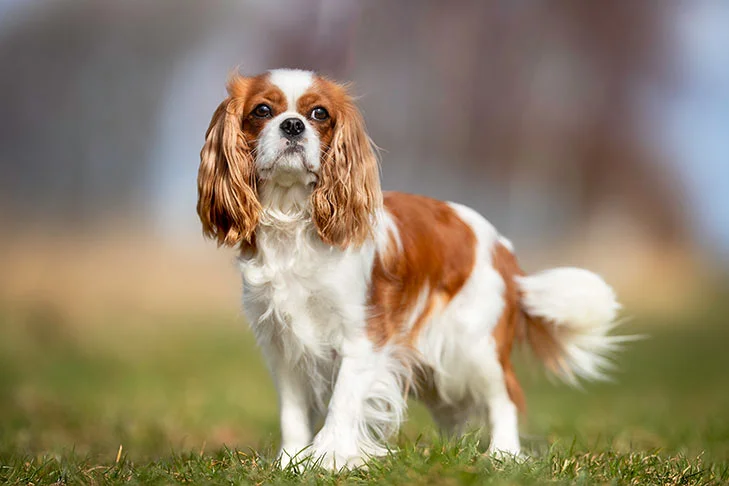
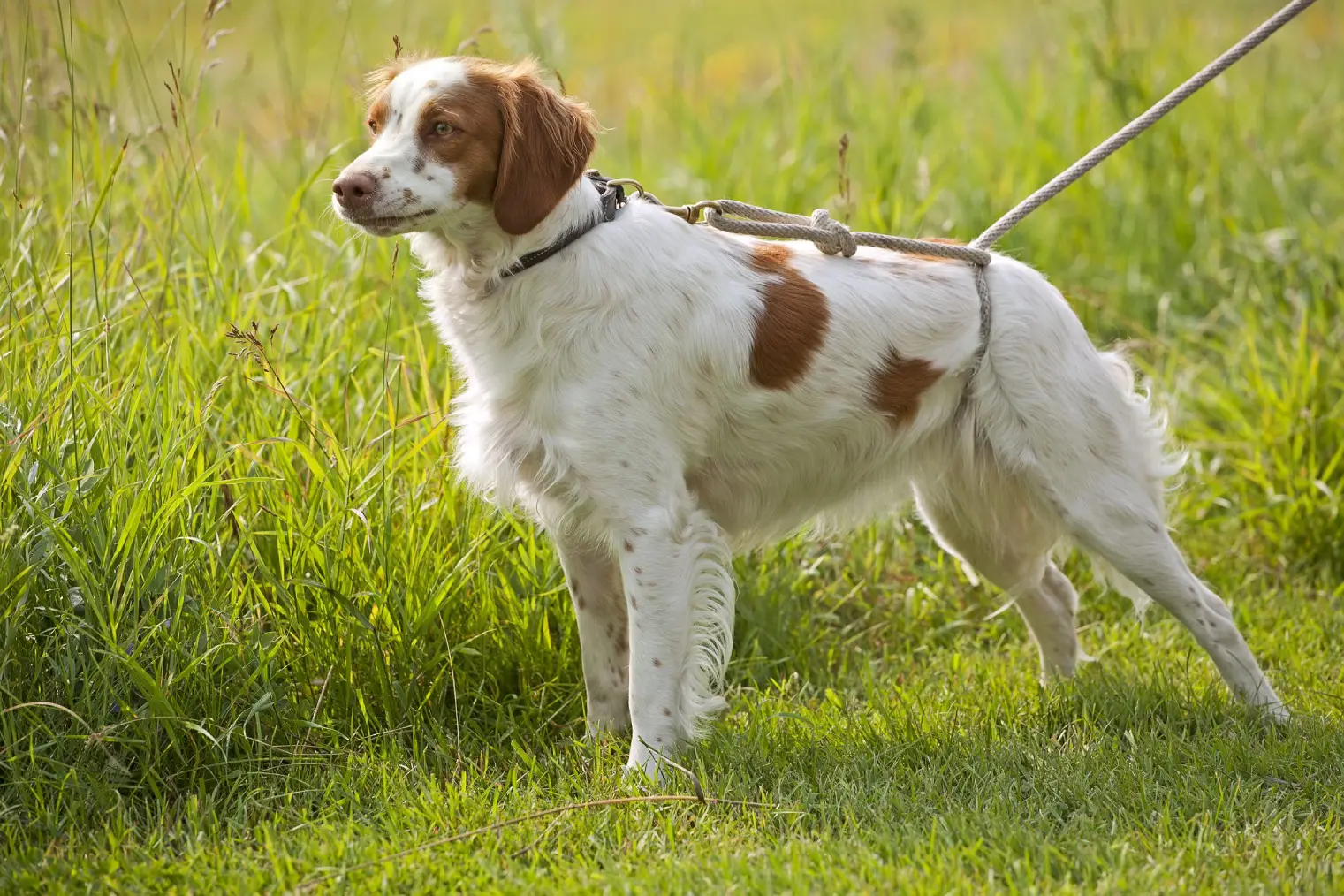

If you’re interested in breeds similar to the Cocker Spaniel, consider the Springer Spaniel, known for its athleticism and friendly nature, or the Cavalier King Charles Spaniel, a smaller breed with a similar temperament and appearance. The Brittany Spaniel is another option, known for its energy and hunting prowess.
Conclusion
The Cocker Spaniel is a delightful breed that brings joy and companionship to any household. With their loving nature, intelligence, and beautiful appearance, they make excellent pets for a wide range of people. However, they do require dedicated care, including regular grooming, exercise, and health monitoring. If you’re looking for a loyal, affectionate companion, the Cocker Spaniel is a breed worth considering.
Frequently Asked Questions (FAQs)
How much exercise does a Cocker Spaniel need?
Cocker Spaniels require at least 30 to 60 minutes of exercise daily. This can include walks, playtime, and activities like swimming or fetch.
Are Cocker Spaniels good with children?
Yes, Cocker Spaniels are known for their gentle and affectionate nature, making them excellent companions for children. They are patient and enjoy playing, but supervision is recommended to ensure safe interactions.
